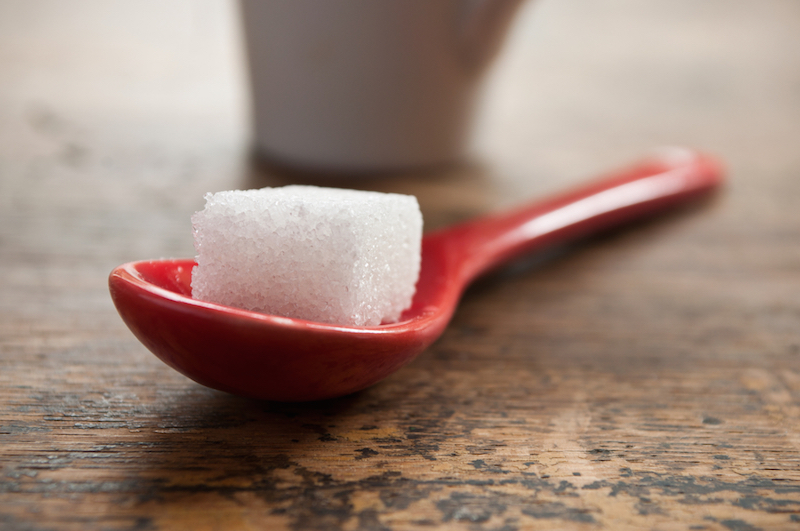Real, Fake or Natural? Why Sweetener Type May Not Matter For Diet

Get the world’s most fascinating discoveries delivered straight to your inbox.
You are now subscribed
Your newsletter sign-up was successful
Want to add more newsletters?

Delivered Daily
Daily Newsletter
Sign up for the latest discoveries, groundbreaking research and fascinating breakthroughs that impact you and the wider world direct to your inbox.

Once a week
Life's Little Mysteries
Feed your curiosity with an exclusive mystery every week, solved with science and delivered direct to your inbox before it's seen anywhere else.

Once a week
How It Works
Sign up to our free science & technology newsletter for your weekly fix of fascinating articles, quick quizzes, amazing images, and more

Delivered daily
Space.com Newsletter
Breaking space news, the latest updates on rocket launches, skywatching events and more!

Once a month
Watch This Space
Sign up to our monthly entertainment newsletter to keep up with all our coverage of the latest sci-fi and space movies, tv shows, games and books.

Once a week
Night Sky This Week
Discover this week's must-see night sky events, moon phases, and stunning astrophotos. Sign up for our skywatching newsletter and explore the universe with us!
Join the club
Get full access to premium articles, exclusive features and a growing list of member rewards.
Sweetening your beverage with real sugar, "fake" sugar or a "natural" no-calorie sweetener makes little difference in the overall calories you consume in a day, a small new study suggests.
In the study, 30 healthy men ages 21 to 50 each visited a clinic four times. Each time, they ate the same breakfast, followed by a beverage that contained one of four sweeteners: regular table sugar (sucrose), an artificial sweetener (aspartame), or a natural no-calorie sweetener made from either the stevia plant (rebaudioside A) or monk fruit (mogroside V).
Later, the men received lunch, and were told to eat until they were full. They then went home and used a food diary to keep track of the calories they ate for the rest of the day. [7 Biggest Diet Myths]
The researchers found that, regardless of the type of sweetener in the men's beverages at breakfast, the study participants consumed about the same number of calories by the end of the day (around 2,300 calories). That's because participates ate slightly more at lunchtime on the days they had the no-calorie beverages at breakfast, compared with the days when they had the sugar-sweetened beverages.
"The energy 'saved' from replacing sugar with non-nutritive sweetener was fully compensated for at subsequent meals in the current study," Siew Ling Tey, who was a study researcher and is at the Agency for Science, Technology and Research (A*STAR) in Singapore, said in a statement.
In addition, although participants experienced spikes in blood sugar levels shortly after consuming the real-sugar beverage at breakfast, they experienced an even larger spike in blood sugar levels after lunch on the days when they consumed the no-calorie beverages. This meant that overall blood-glucose levels averaged out to about the same for all groups during a 3-hour period before and after lunch, the study said.
The researchers noted that their study was small and that each sweetener was tested on only a single day. Longer-term studies are needed to determine the prolonged effects on people's body weight and blood sugar levels of consuming different types of sugar and sweeteners, the investigators said.
Get the world’s most fascinating discoveries delivered straight to your inbox.
The study will be published in an upcoming issue of the International Journal of Obesity, and an early version of the paper was published online Tuesday (Dec. 13).
Original article on Live Science.

Rachael is a Live Science contributor, and was a former channel editor and senior writer for Live Science between 2010 and 2022. She has a master's degree in journalism from New York University's Science, Health and Environmental Reporting Program. She also holds a B.S. in molecular biology and an M.S. in biology from the University of California, San Diego. Her work has appeared in Scienceline, The Washington Post and Scientific American.
 Live Science Plus
Live Science Plus











